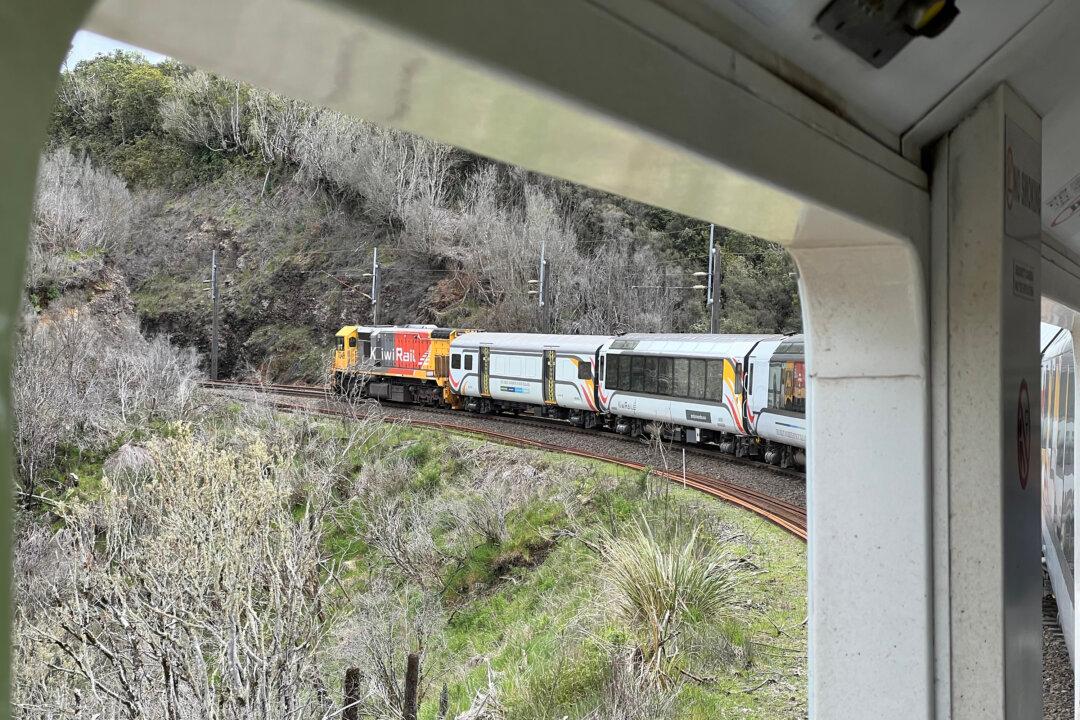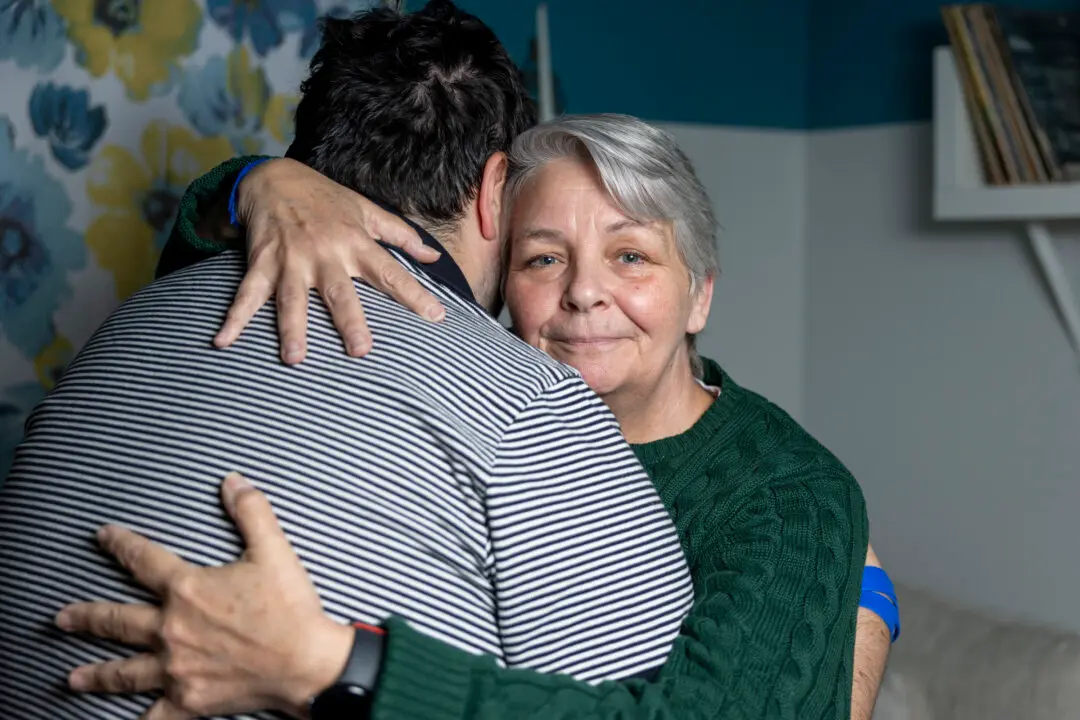On a bright, clear fall morning, the train from Wellington to Auckland clatters away from the rail station precisely as scheduled at 7:55. The temperature hovers coolly in the mid-50s, not at all cold, and quite typical for a Southern Hemisphere fall morning.
On the 423-mile journey northward through the rural heart of New Zealand’s North Island, the Northern Explorer, as the train is known and which is owned and operated by Great Journeys of New Zealand, will make several stops, including Ohakune, Tongariro National Park, Otorohanga, Hamilton, and finally, some 12 hours later, Auckland.
The Northern Explorer is New Zealand’s longest-running passenger train, tracing its beginnings to 1883, and one of the world’s greatest rail journeys. The ride is spectacular, simply breathtaking, and arcs across a swatch of one of the world’s most captivating and isolated countries.
The spotlight is on flower-filled meadows, fast-running rivers, and Tongariro National Park with its snow-cloaked volcanic peaks of Ruapehu, Tongariro, and Ngauruhoe. Those who are “Lord of the Rings” fans will recognize Ngauruhoe as Mount Doom in the film trilogy, the picturesque lands of Tolkien’s Middle Earth. The views are dramatic, the impetus for not only fiction, but also sonnets, poetry, and song.
Impelled by my heart to get away from it all, and by my unrelenting human quiddity of wanderlust, I have come by myself to New Zealand from Brisbane to ride the Northern Explorer to grandly end a working trip. I love the splendor of train travel, especially when I sojourn alone.
Although I’m an excellent driver and have an adventuresome soul, I’ve never quite worked up the courage to rent a car on foreign soil, especially when driving is on the left-hand side of the road. When someone else is at the wheel, whether it’s car or train, there’s no sense in worrying about traffic congestion, getting lost on unfamiliar back roads, or finding parking places; ergo, riding by rail is the perfect alternative to renting a car.
One of Great Journey’s options is to have a tour guide with you, and in Wellington, I meet Mark Hockley, who will accompany me to Auckland. I’m excited about the journey as we climb aboard and find seats in the comfortable, well-lit cabin.
“We don’t have Wi-Fi on the train,” he says as we begin inching northward. “We don’t need it. There’s so much to see that you won’t miss it.”
Instead of traveling straight on into Auckland, I break up the trip with two nights, one at the Powderhorn Chateau in Ohakune with the other at the Park Hotel Ruapehu, the gateway to Tongariro National Park. That’s the wonder of the Northern Explorer: it gives you the option to get off the train and discover the North Island.
As the Northern Explorer leaves Wellington, I find the atmosphere of the train, cozy and warm inside, a soothing blend of heavy metal wheels whirling rhythmically against the track, sort of iambic pentameter on rails, and complemented with the gentle laughter of other riders sharing secrets among themselves and the constant whooshing song of sliding doors opening and closing as guests move from car to car.
Along the way, as the miles jangle away beneath the train, the riveting, geographically diverse landscape that stitches together Wellington and Auckland is ever-changing as it slides by through the panoramic windows. Outside of Wellington, we near the vast, sparkling jewel-toned water of the Kapiti coast of the Tasman Sea before later passing over silvered streams glissading through deep, narrow gorges.
Ancient hills of green fly by, their steep slopes kept neatly mowed by a billion-trillion sheep munching on sweet grass, their fluffy white-and-black coats of wool providing splashes of vibrancy against an emerald background. Nary a ram, ewe, or lamb, apparently used to the clacking of the rails, is disturbed by the train’s presence.
Completely enthralled by sheep and scenery, I have absolutely no need for Wi-Fi.
“No mammals are native to New Zealand except for two little bats,” Mr. Hockley explains as we watch sheep scamper across meadows. “There are no predators or primates or native snakes.”
Among the other animals and birds of a feather that also share the meadows with the sheep are the celebrated and iconic kiwi, half-mammal and half-bird, wild turkeys, horses, cattle, and ducks. It’s the sheep that rules, though, as more of them live in New Zealand than people. The general consensus is that six sheep exist for every person. I would have guessed a number even higher than that, judging by the number of fluff balls I see roaming the pastures that are, almost impossibly, greener than any I’ve seen in the Emerald Isle of Ireland.
Several times, Mr. Hockley and I brave the chilly air and wander to the open-air carriage to get an unobstructed view of the countryside, my breath syncopating to the staccato-like yet lulling cadence of iron wheels as the train chugs northward. Mr. Hockley has made this journey hundreds of times, but he seems as enthralled as I with this magnificent place that is his homeland.
Soon after passing through Taumarunui, we enter the engineering marvel of the Raurimu Spiral, a part of the track that glides over a series of hairpin turns, loops, and tunnels as the train twists, turns, and then amazingly doubles back on itself. Some five hours since Wellington, the train stops at Ohakune Station, where we disembark for an overnight stay at Powderhorn Chateau.
Great Journeys partners with Visit Ruapehu, a sort of chamber of commerce, for local sightseeing adventures, and we’re met by Visit Ruapehu’s Mahalee Guieysse, who will also accompany Mr. Hockley and me for the next two days so I get the complete experience of the region.
Among the sites we visit are Ohakune Railway Museum, where curator Ian Heappey tells us the fascinating story of the railroad with a special display of the Tangawai disaster, New Zealand’s worst-ever rail catastrophe, when on Christmas Eve 1953, the Wellington to Auckland night express plunged into the flooded Whangaehu River, killing and injuring dozens.
Ms. Guieysse, Mr. Hockley, and I then pop next door into Opus Fresh to peruse the stunningly soft and gorgeous outerwear and blankets handmade of merino wool and possum fur. Don’t cringe at the thought of possum fur. New Zealand’s possums have longer, silkier fur than their wiry-haired American cousins.
On our way to Ohakune Carrot Adventure Park, a combination park, playground, and gardens, to see what is probably the world’s largest carrot sculpture, we stop for eclairs and pastries at the Chocolate Éclair Shop. After we see the goliath carrot, we stop in for a tasting at Big Mountain Mead, where local ingredients help to create a light, dry sparkling (and delicious) version of honey mead.






